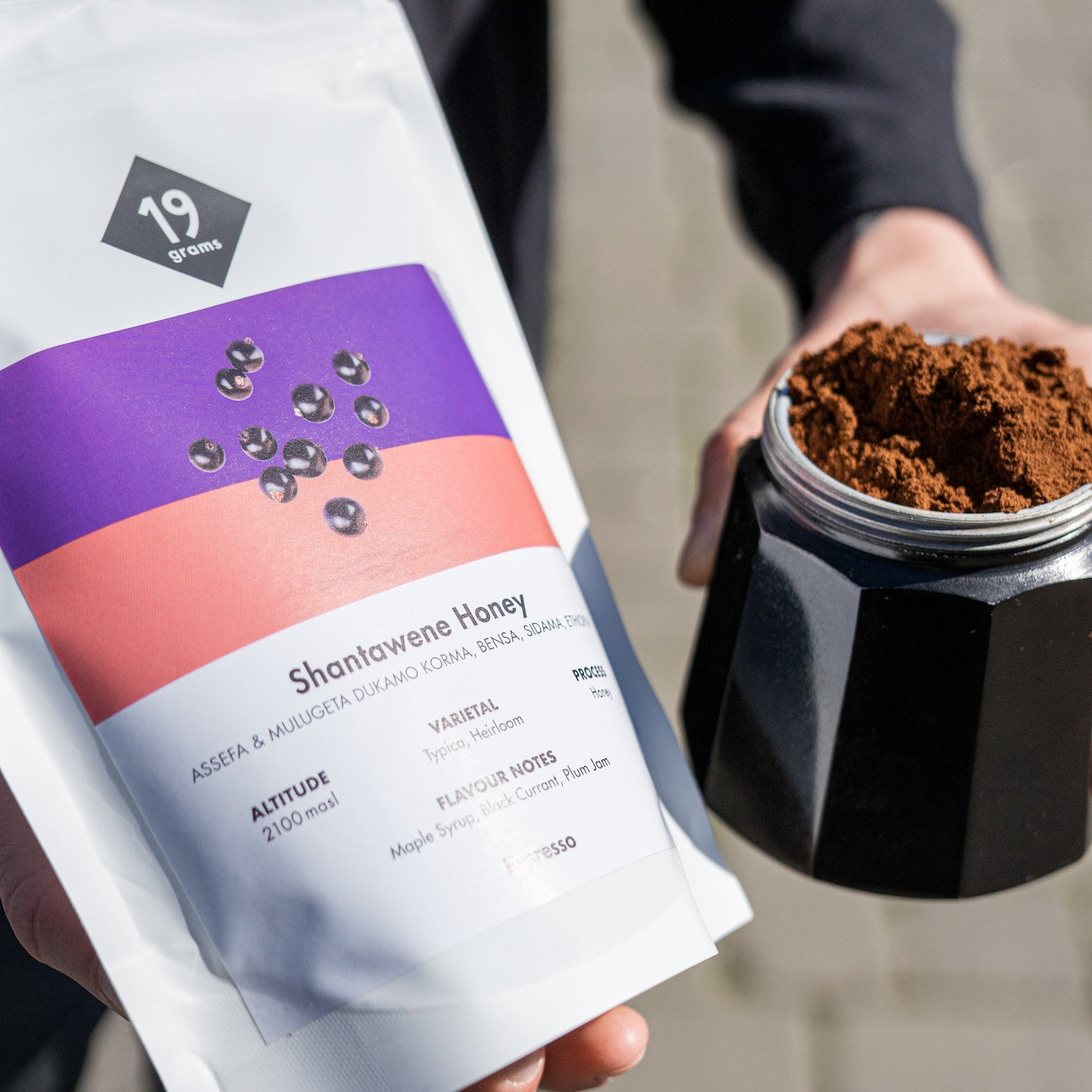Fazendas, large agricultural estates in Brazil, occupy a significant place in the country's coffee industry. Originally created to improve meat supplies and promote exports, these estates are known for their extensive coffee plantations. Concentrated in four states - Paraná, São Paulo, Minas Gerais and Espírito Santo - Brazil's coffee crops thrive, with Paraná leading the way thanks to its favourable highland terrain.
With a history dating back to the 18th century, Brazil has become a coffee superpower, employing millions of people on fazendas. Some 80 million 60-kg bags of coffee are exported annually, mainly to Europe and the United States. The distinctive flavours of Brazilian coffee reflect the diversity of fazendas across the country. Known for its smoothness and low acidity, Brazilian coffee encompasses a range of flavour profiles. Coffee from the northern coastal regions captivates with a strong aroma of seawater, while the southeastern region offers mild and spicy notes with its bourbon beans. Bahia beans, highly prized locally, are rarely found on the export market.
A journey through Brazil's fazendas reveals the treasures of its coffee heritage. These sprawling estates have played a crucial role in shaping Brazil's agricultural landscape and establishing it as a renowned coffee-growing region. From historical origins to present-day production, exploring the flavours of Brazilian coffee from different fazendas promises to be a fascinating experience for coffee lovers worldwide.




